World Health Day
Universal Health Coverage for Everyone, Everywhere
2018’s World Health Day is tackling a far broader and more ambitious theme than previous years’, while also possessing a universal pertinence to everyone on the planet.
Whereas previous Health Days have zeroed in on specific well-being issues such as diabetes and depression, this time around the scope is huge and damning to the status quo; Universal Health Coverage for everyone, everywhere.
On the face of this, the prospect global health coverage might appear daunting; between scare stories of current health schemes struggling to make ends meet and turbulent politics, many are likely to keep the topic at arm’s length.
It is for this very reason though that this is a conversation we need to have, looking ahead and working together for the better of everyone. April 7th is the perfect opportunity for everyone to share their story and ask why everyone isn’t afforded essential health services.
The workplace as a microcosm
To simplify things, taking a look at the value of good health on a smaller scale may help to highlight why it is essential for the global picture too; take the workplace as a microcosm.
Here at SHEilds well-being is a matter of constant importance, not to mention a frequent topic on this blog. It’s also the focus of one of our NEBOSH accredited e-Learning courses.
In the office, even if you were to put aside basic compassion for employees, a lack of concern and management for worker health is ultimately likely to harm a company as a whole and cost more than basic coverage, management and support.
Take even one facet of workplace health that is neglected, and it could be the precursor to complete collapse. For example; maybe mental health is largely ignored, with workers being run down and not feeling inclined to talk about stress issues.
Should this kind of pressure reach the point where workers are unable to cope then an absence may occur without warning, resulting in productivity going down and revenue being lost. Alternatively, it might be a bout of contagious illness which an employee brings into the office making others sick, or unsafe practices resulting in a severe injury and fines.
Prior to all these hypothetical cases naysayers might write off the associated costs of training and/or employing a Health and Safety manager as unnecessary. However, in the long-run these expenses pay for themselves resulting in a happier workforce and potentially averting crushing disasters.
In essence; prevention is better than cure and this applies to the global situation as well. The benefits of a healthy world with widespread support vastly outweigh those of one which cuts health costs leaving the stage open for epidemics.
Healthcare’s shortcomings
Looking at some statistics of healthcare’s shortcomings and present gaps paints a frankly bleak picture.
Consider that more than half the world’s population – roughly 3.6 billion – lack complete coverage of essential health services, while approximately 100 million are listed as being in ‘extreme poverty’ thanks to paying for their care*.
When we talk about ‘essential health services’ as well, to be clear we are not discussing luxury surgeries or health enhancement; we are discussing care for people suffering disease and injury with a high chance of leading to death or severe disability.
Again, referring to the microcosm example it doesn’t take too much imagination to see the negative impact absent or unaffordable health care can have. Some will have experienced such a scenario directly while others should at least take a moment to consider what it is like.
Having everything just about balanced until misfortune arrives, an injured or sick party may find themselves in the contradictory situation of being unfit for work while simultaneously facing unmanageable treatment bills. Family and friends might step in to help but one way or another, the strain will still manifest. Ripples roll out through a community and everyone close to them suffers.
A nation with a vast section of its populace facing a health crisis could be seen as a nation that is essentially unwell as a whole.
Call for a better, more humane world
The goals of UHC (Universal Health Care) as agreed by UN Member States include:
- Worldwide coverage for essential health support – This is not to suggest cover without limit as ignoring cost completely would be unsustainable, all basic treatments within reason should be freely available though.
- Progressive expansion of health services – Along with appropriate financial protection to ensure they remain sustainable for the future.
- A shift in approach to health service design – Moving away from systems built around institutions and diseases over to systems built around patients and their needs.
- Use of adaptable approaches – No single solution is likely to realise UHC globally, recognising this each country will require a specifically tailored approach for their needs.
- Elimination of tough decisions for the unwell – Ruling out the need to suffer financial hardship for the sake of good health.
- A target delivery date of 2030.
This might all sound quite lofty and out of individual’s control, however once again the small-scale matters as much as the big picture. We can all make our voices heard in the call for a better, more humane world.
Key messages for the day on April 7th are inspire, motivate and guide and we can all help sharing them.
In the build-up why not read a little more about the topic, research and means to move forward on the WHO website. You could share a health-related story on social media, about how health services made a difference in your life or the hardship you faced when they were unavailable.
If you’re feeling particularly tenacious you might even take action in your local community by organising a meeting with officials, an event to raise awareness or charitable activities raising money for relevant healthcare organisations.
Either way; take action, demand action, raise awareness and make a difference. The future is in all our hands.
Owen Roach
* https://www.who.int/mediacentre/factsheets/fs395/en/

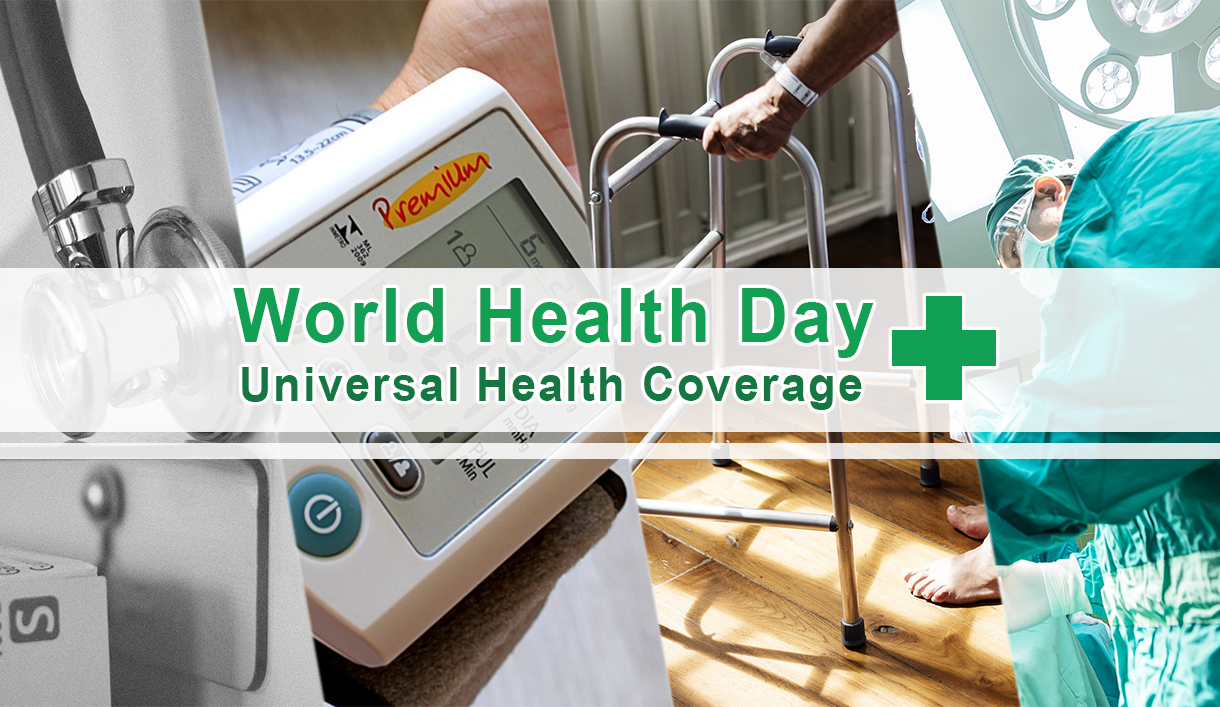


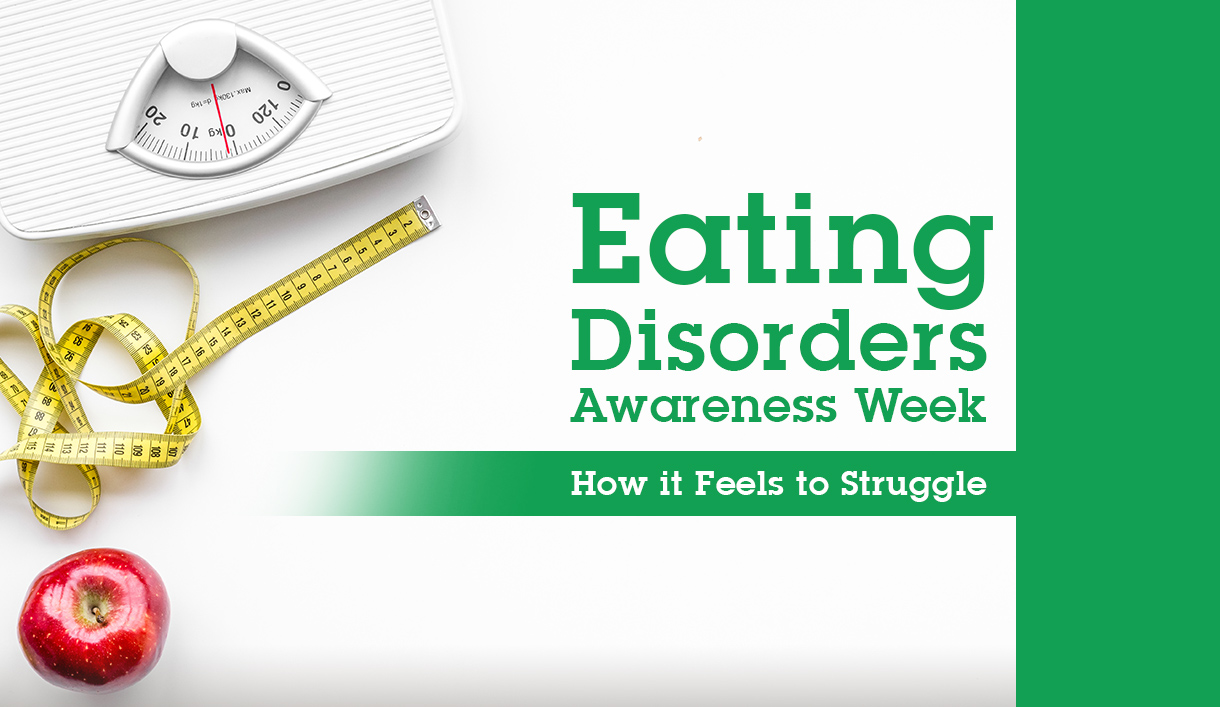
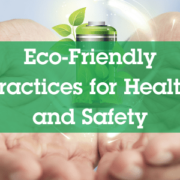
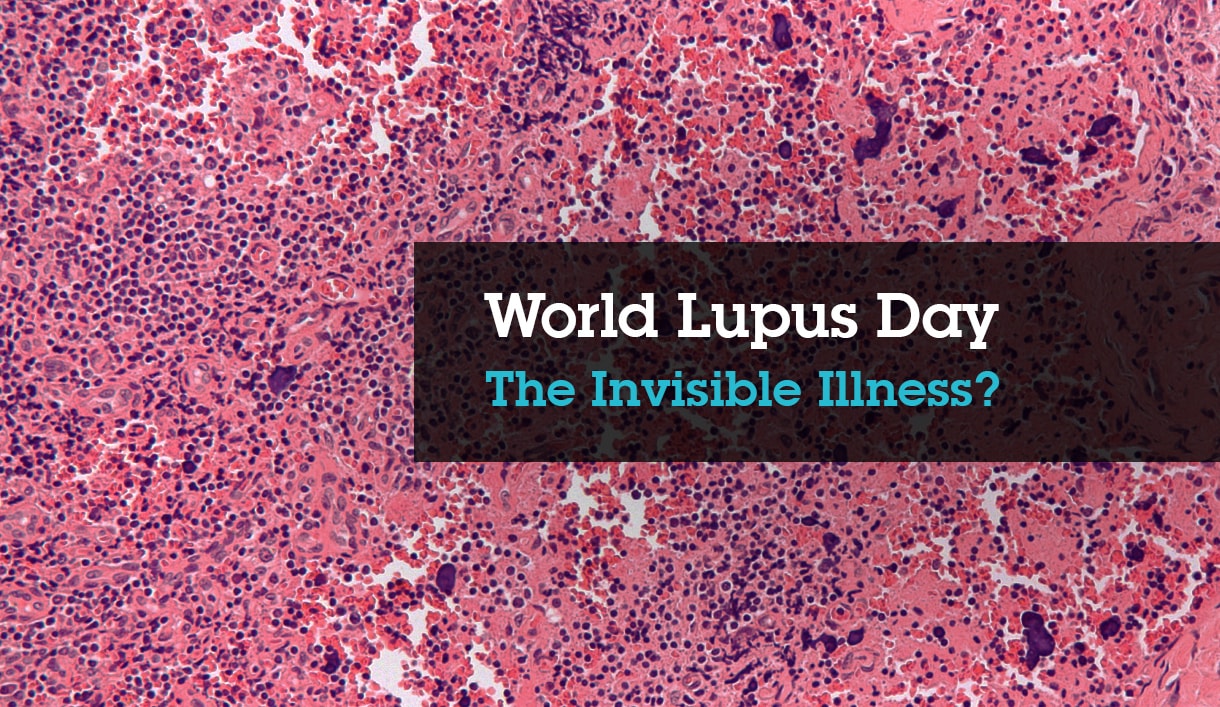
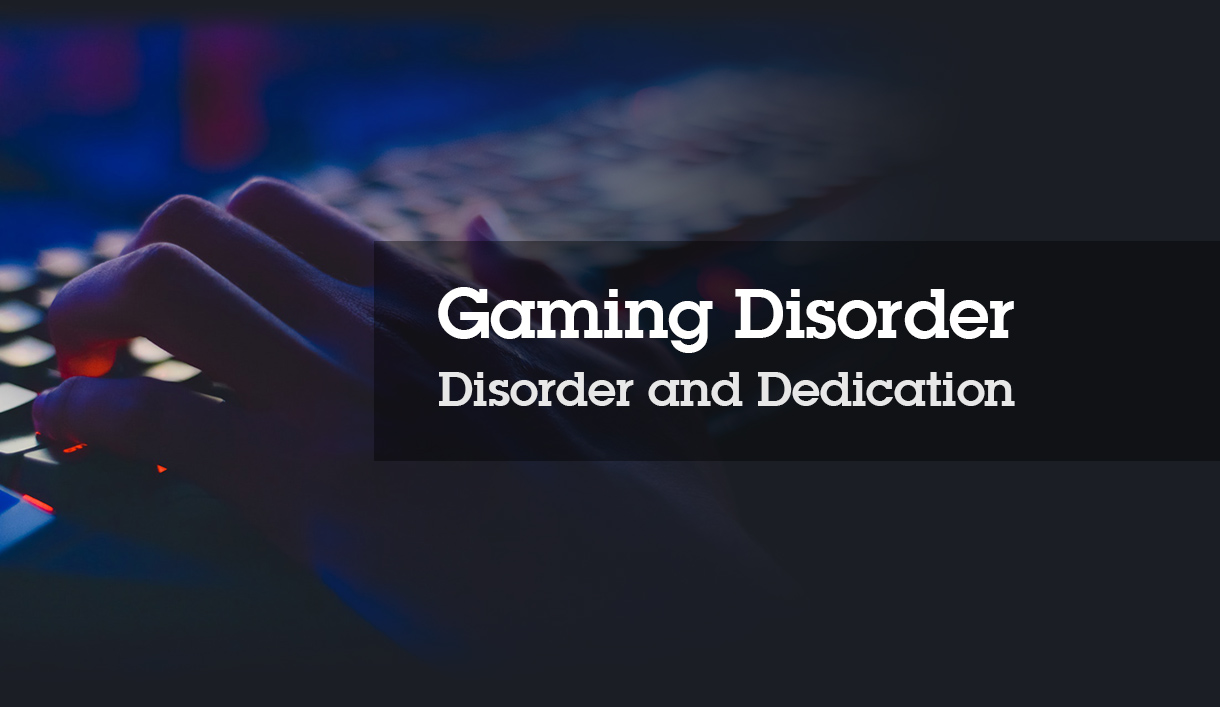
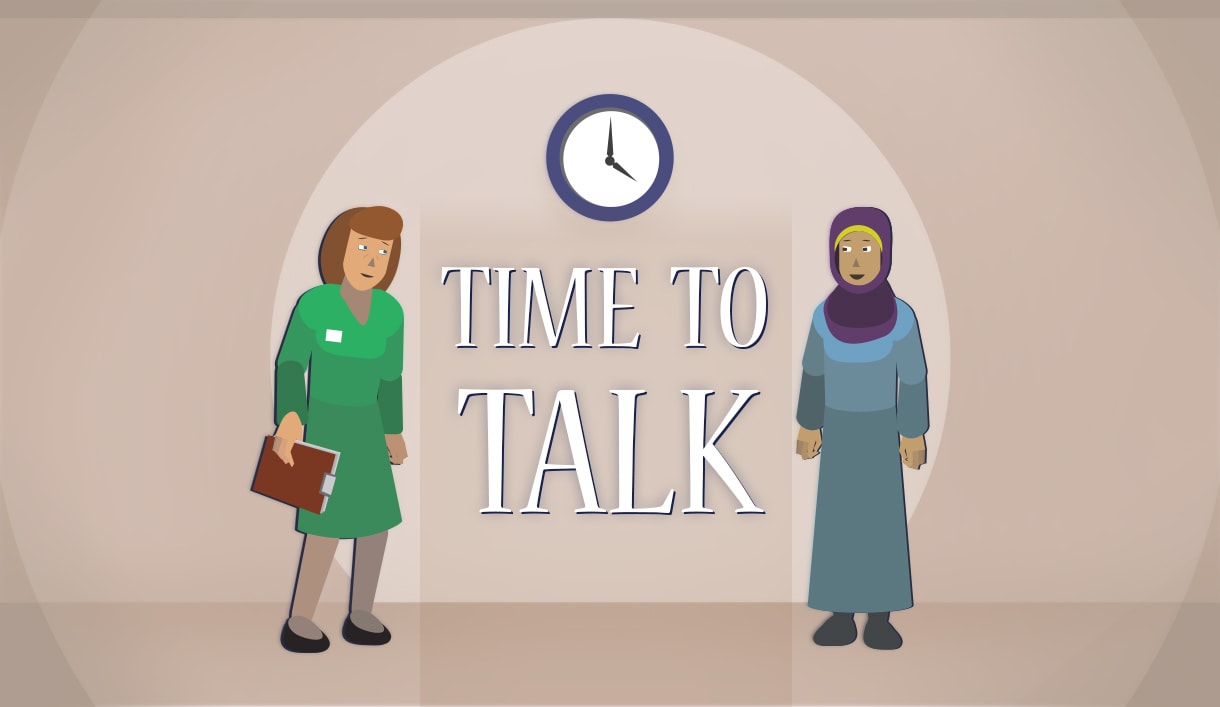
Leave a Reply
Want to join the discussion?Feel free to contribute!